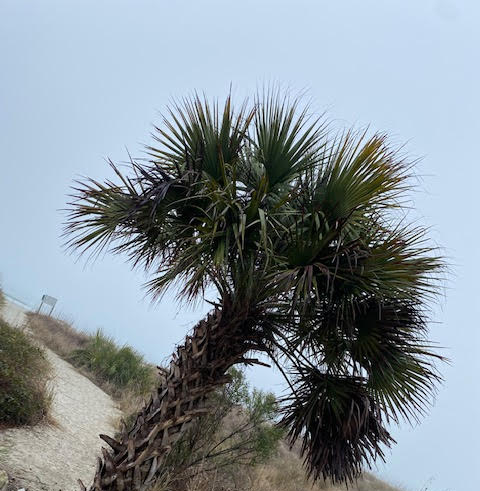
We can point to other words in our society and to the potential impact of the use or non-use of these words. Narratives change dramatically when a specific word is inserted or left out. This is especially the case when the narrative is focused on matters related to prejudice, stereotyping, abuse and violence. We will inevitably reference the sexual orientation of two men (“gay”) or two women (“lesbian”) who are in an intimate, enduring relationship, but leave out any reference to a “straight” couple (man and women). We report that a “black man” commits a crime—but fail to mention the skin pigmentation of a “white” man who commits the same crime. Recently, a major semantic struggle is to be found in the presentation of narratives regarding the role of African Americans in American history (note that this is another important use or nonuse of words—with the term African American frequently being used, but the term European American or Swedish American rarely being used).
It not just a matter of a cluster of words and narratives (such as critical race theory) being distorted and even erased from our communities, it seems that even a single, seemingly-innocent word—“systemic”—is left out of the narrative associated with a course being prepared by a major source of educational (and assessment) materials in the American educational system. This one word (“systemic”) conveys something very important regarding the prevalence and institutional support for “discrimination, oppression, inequality, disempowerment and racism” in American society (past, present and tragically future). The central question can once again be raised. Does the use or non-use of words in any way change the way in which we view reality? Stated even more simply: do Facts (as represented in single words) make a difference?
Over the past century, there have been several prominent researchers, scholars and social observers who declared that words do make a difference—especially the “systemic” (wide-spread) use of specific words and the way these words help to identify and describe elements of the “real” world. A strong case has been made for the powerful impact that the consistent use of certain words has on our construction of reality. Benjamin Whorf (2012) and his more widely accepted predecessor, Edward Sapir, were among the most controversial (and at times influential) proponents of this constructivist perspective regarding the role played by the content of language. This perspective is often broadly identified as symbolic interactionism. The so-called Whorfian Hypothesis concerns the influence of words on our thoughts and subsequently our decisions and actions. On the one hand, there is a version of this hypothesis that is often called the Weak Whorfian Hypothesis. This version is based on the strong correlation found between words and priorities: we finely articulate that about which we care.
There are many semantically defined distinctions to be made in domains where we have much invested—while there are few distinctions drawn in areas of less social value. The classic example offered by Whorf is the many different words used among the Inuit (Eskimo) when identifying and describing what most of us would call “snow.” In recent years, we can point similarly to the many words used by ski and snowboard enthusiasts for the “snow” in which they operate. Those of us with minimal interest in “snow” use just the one word, while the Inuit, skiers and snow boarders use many different words, because they are living and navigating (at least part of their life) in this “snowy” world.
Download Article
















